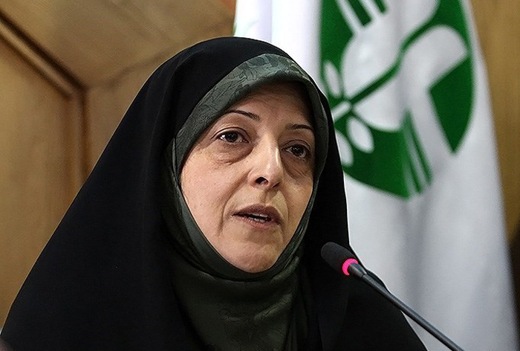Vice-President and Director of the Environment Protection Organization Masoumeh Ebtekar announced that the construction of a petrochemical complex in the Makran coast needs precise environmental assessments.
“The construction of a petrochemical complex and steel complex in Chabahar and Makran coasts depends on precise environmental assessments,” Ebtekar said in a meeting with the presidential advisor and secretary of Special Economic Free Zones in Tehran.
Last year, investors from India’s private and public sectors voiced their willingness to invest in Makran petrochemical complex in Chabahar, southern Iran.
A delegation comprising the Indian ambassador to Iran, the representative of Indian Ministry of Chemical Substances, the managing director of India’s GACL Company and two managers of Chabahar Free Zone visited Makran petrochemical complex.
In October 2014, a senior Indian trade official stressed the importance of Chabahar for investment in various sectors, including the transit of India’s products to other countries.
Manager of Indian Commercial Group Hersh Mishra underlined that the capabilities, capacities and unique location of Chabahar have prepared a suitable ground for investors in the private sector in this port city.
He said good infrastructural plans such as petrochemical refinery, railway, development of the jetty and transit route are either under implementation or study which will pave the way for profitable investment.
Chabahar, a seaport in southeastern Iran, lies on the border of the Indian Ocean and the Sea of Oman. It is the only Iranian port with direct access to ocean. The port was partially built by India in the 1990s to provide access to Afghanistan and Central Asia, bypassing Pakistan.
Iran’s Chabahar port, 72 km to the west of Pakistan’s Gwadar port, holds immense strategic and economic significance for India. Chabahar and Gwadar ports are located in a common coast and they are 70 kilometers away from one another.
